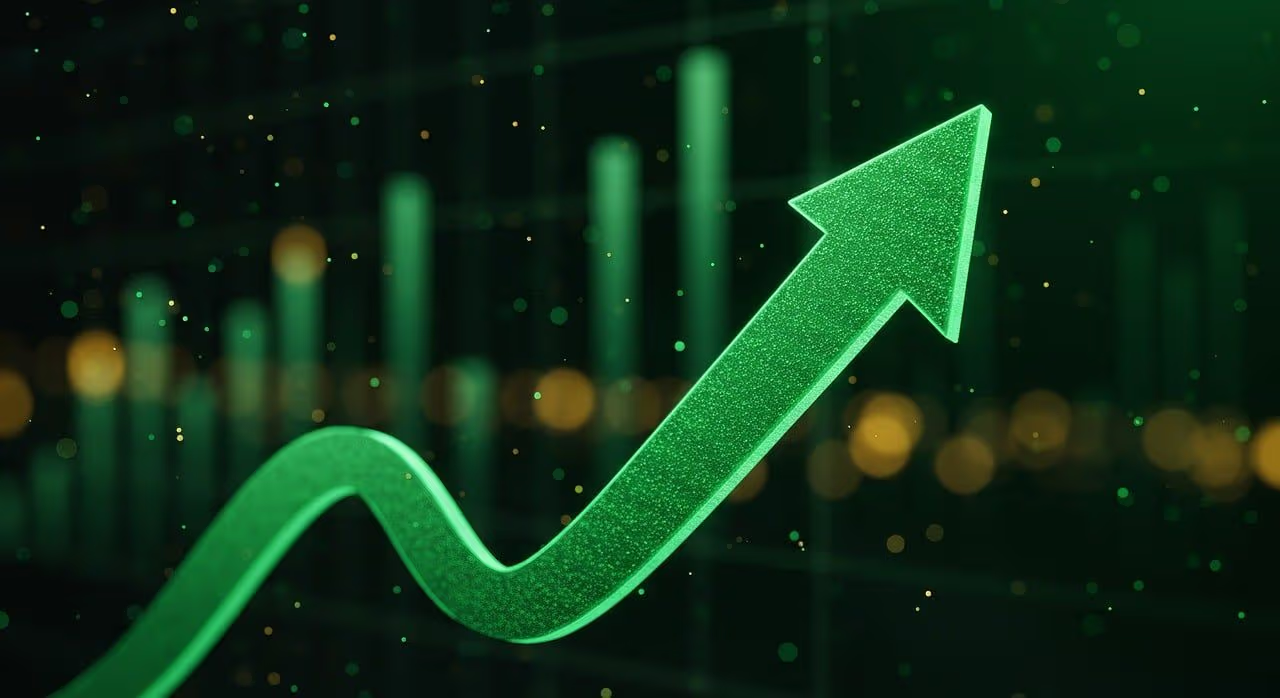Investigating all XRP sales intently, Deaton points out that a thorough review of each transaction, be it from the primary or secondary market, is necessary. Although digital assets are not automatically considered securities, careful examination of every sale must occur to determine whether any should be classified as such.
Deaton has stated that digital assets, such as XRP and itcoin">Bitcoin, do not fit within the parameters of being classified as security via the Howey Test. Nevertheless, when it comes to sales involving XRP, this asset can then be regarded as a security during the process. Therefore, both primary and secondary markets should be evaluated by the SEC in order to determine which designation they fall under.
To bolster his assertion, counsel cited several comparable court decisions. One such example is SEC v. LBRY, in which it was held that transactions of LBRY Credits (LBC) tokens should not be regarded as a sale of securities.
This new development has implications for how Ripple’s legal battle with SEC may play out. Comparisons can be drawn to LBRY, where it was determined that sales of tokens weren’t tantamount to securities sales. As such, a settlement on similar grounds could become a greater possibility for Ripple should XRP be acknowledged as not being a security but potentially able to be “sold as one”.
The news of this potential settlement could be seen as a favorable outcome by fans of Ripple and XRP. The primary sales conducted by Ripple’s executives and the company itself may classify XRP as security, however, any secondary market transactions would likely be exempt from such status. This delineation could have drastic ramifications on both regulation and trading concerning XRP.




